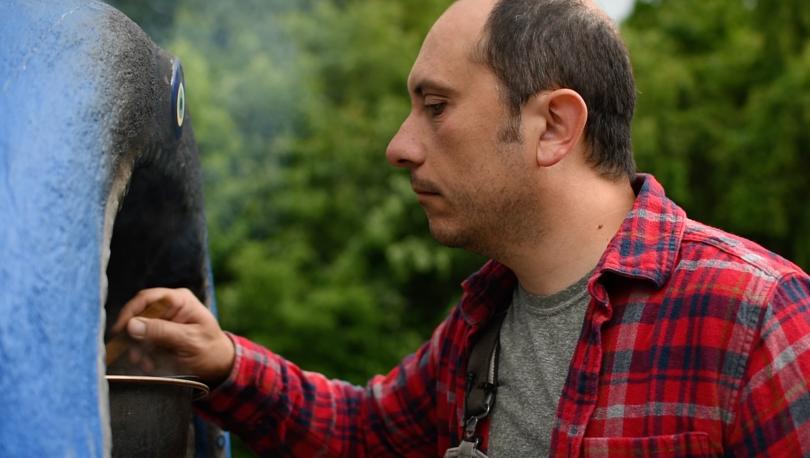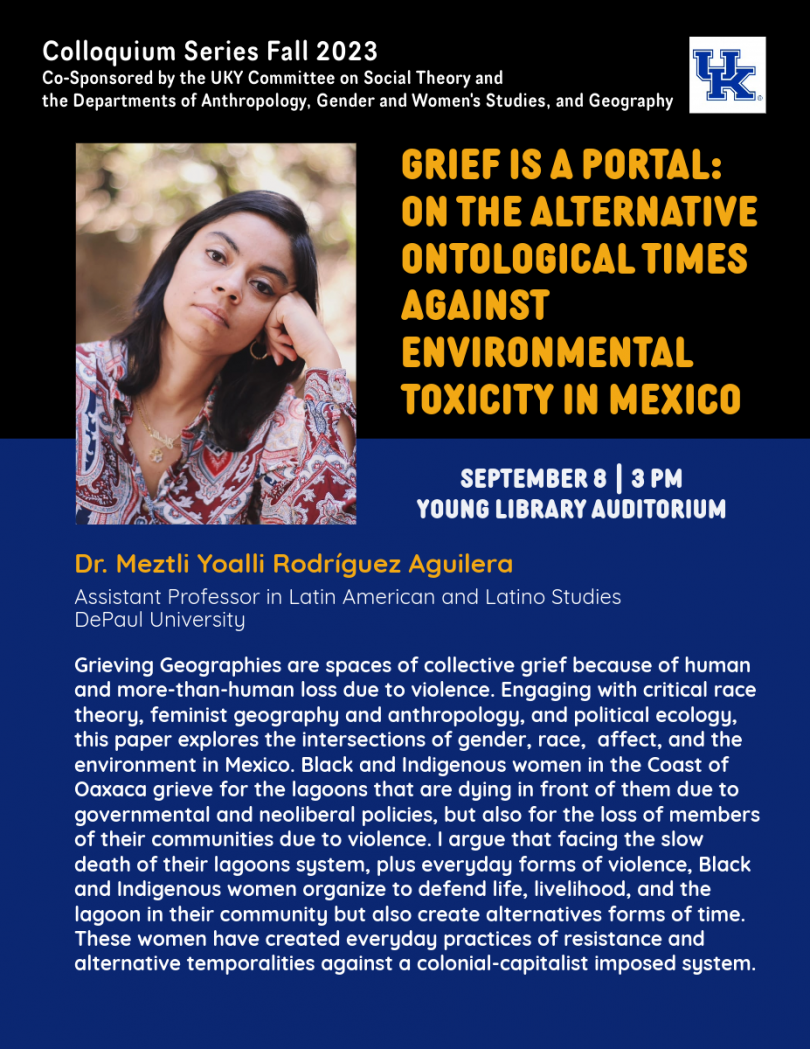Library Talk Series
"Guides for Queer Folks: Travel Guides, Maps, and Materiality"
Borrowing from scholarship in map studies, critical cartography, queer media studies. and critical bibliography, this talk examines the utility of queer geographic information as expressed through its materiality. Through an examination of queer spatial information from the 1930s to the mid-2000s—primarily travel guides and maps but also magazines, postcards, and advertising—this talk explores two main arguments. Firstly, that the physical arrangement of queer spatial media and the work individuals undertook to collect, circulate, protect, and keep up to date this information in the pre-digital era reveals this information's politics and perils. Secondly, the presentation argues that to understand these social currents there is a need for renewed attention to physical media and physical interaction during the archival research process. The talk concludes by examining the presenters’ efforts in developing an archival collection of queer spatial information.


